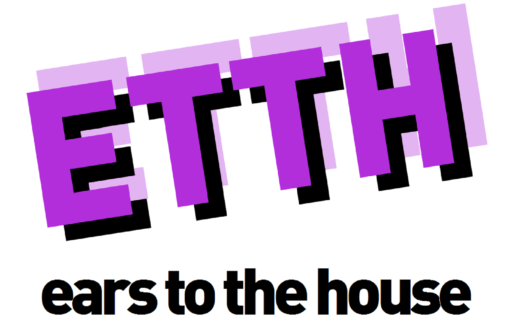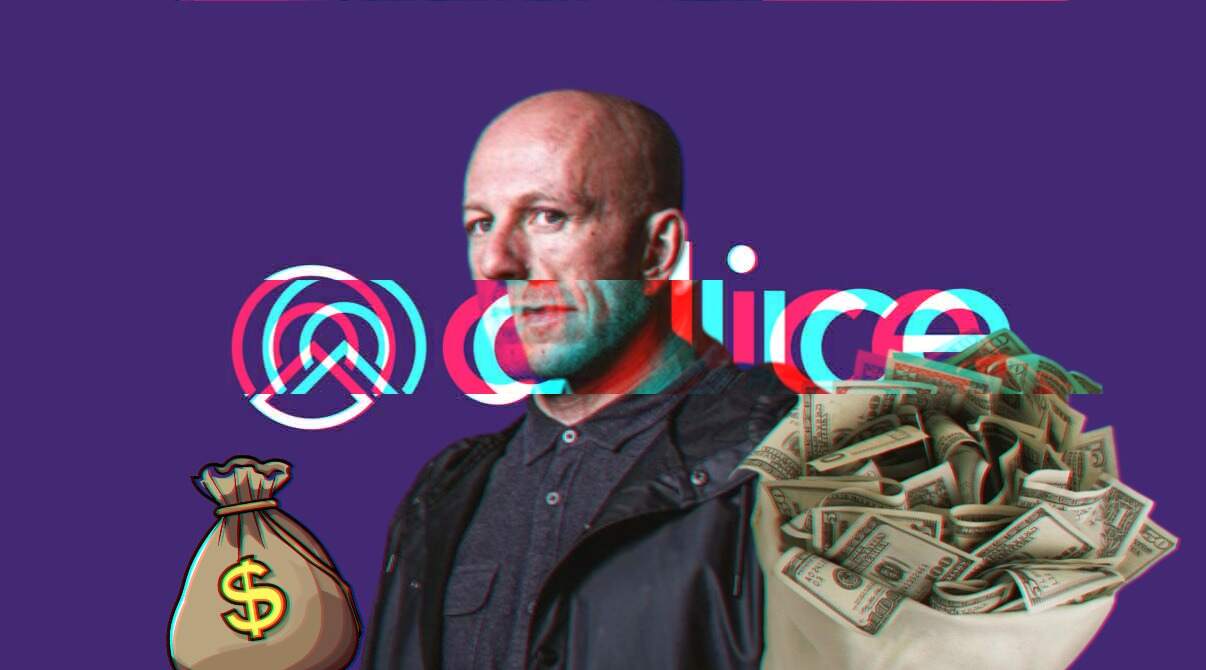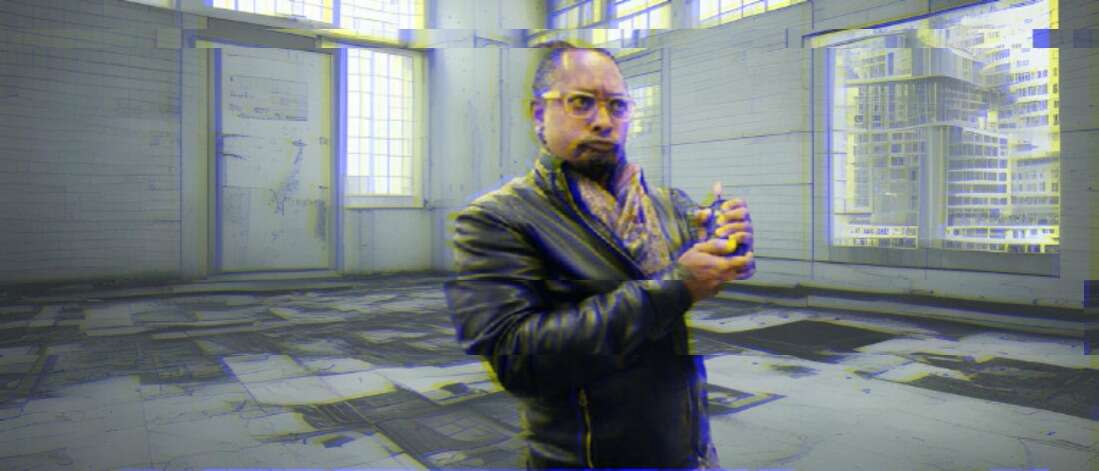There are lots of things that music producers like about what they do, but even the most hardened music-maker has to admit there are one or two problems that no one seems to know how to resolve. A particular bugbear is having next to no idea of how often their record is actually being played out.
It’s easy enough to spot if a record is being charted by a DJ on the likes of Traxsource and Beatport – and whilst that’s clearly flattering, that’s no indication whatsoever of how often they’re actually playing it. Indeed, it’s entirely possible that DJs have charted music on occasion that they’ve never used in their own sets – make your own minds up as to why.
Now, this isn’t a new problem at all. During the mid-90s, duo Masters At Work had no idea how much support their music was getting – the only clues were cheques that kept arriving for them in languages they didn’t understand. But even now in this digital age, when DJ software and hardware can save a copy of the tracklist as the set progresses, it’s still nigh on impossible to find out who’s playing what and where.
And an even harder job is getting paid for those plays. It’s a damning indictment of this industry that the likes of Carl Cox are paid five, sometimes six figure fees for their sets, and yet most of the people whose music they play make almost no money out of those productions at all.
This is presumably what DVS1 – a techno producer whose real name is Zak Khutoretsky – had in mind when he launched Aslice to the world in 2022. Dreamt up and created during the Covid-19 pandemic, it had a few purposes. One was to give producers more information as to who was playing their music – along with where and when.
The other was to ensure they actually got paid for it. Now, call us idealists if you like, but Ears To The House happens to think that people should actually be paid for their work – and yes, we know that puts us totally at odds with much of the dance music world. Exposure or doing things for the love of the music doesn’t pay bills, after all.
So why hasn’t this idea been embraced by the industry in the way it could be? An industry source was quite frank in his assessment, stating that “It’s greed, pure and simple. The most famous DJs in the scene are earning five and six figure fees for one night’s work. They earn millions each year, and most of them want to hang on to every penny they can. They forget they’d be nothing without these producers whose tracks they effectively exploit.”
A more nuanced perspective was offered up by The Insider, who said “I think the real reason a lot of DJs don’t want to sign up for this is because it would reveal the truth about what they play. A lot of them only play their own music, or music from their own friends. There’s a cloak of secrecy over what they play, and they use it to their advantage. Anything that puts that at risk is something they’re just not going to do, is it?”
Of course, there are some DJs out there who are proud to be associated with Aslice – Ukraine’s very own Nastia is on the front page of their website. But there could – and should – be a lot, lot more…





